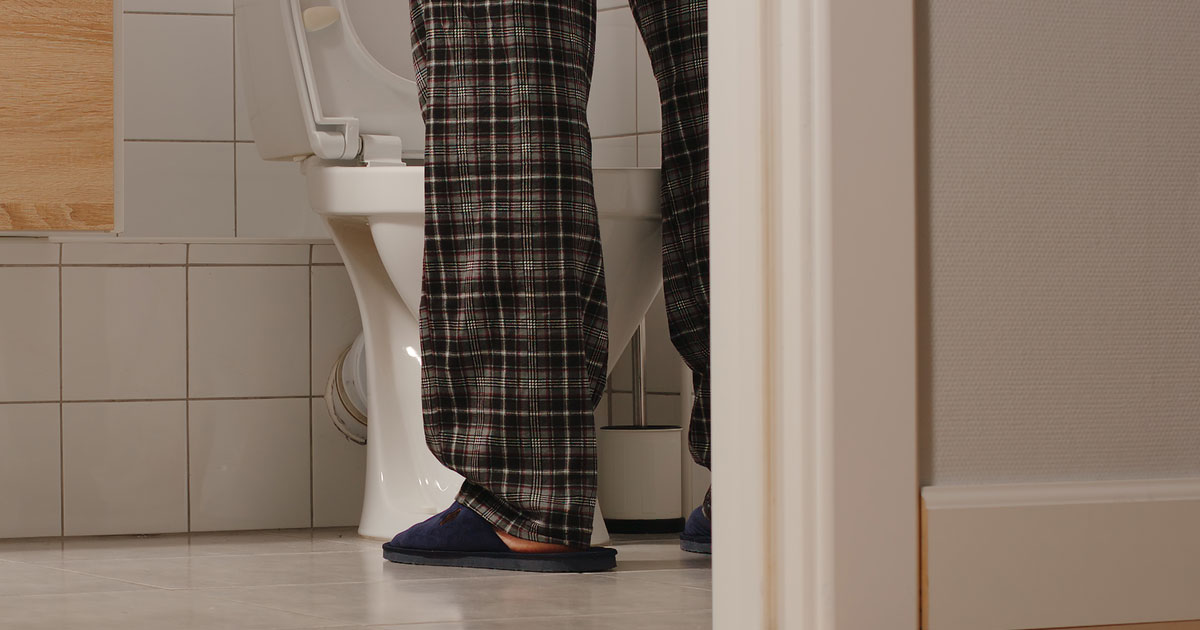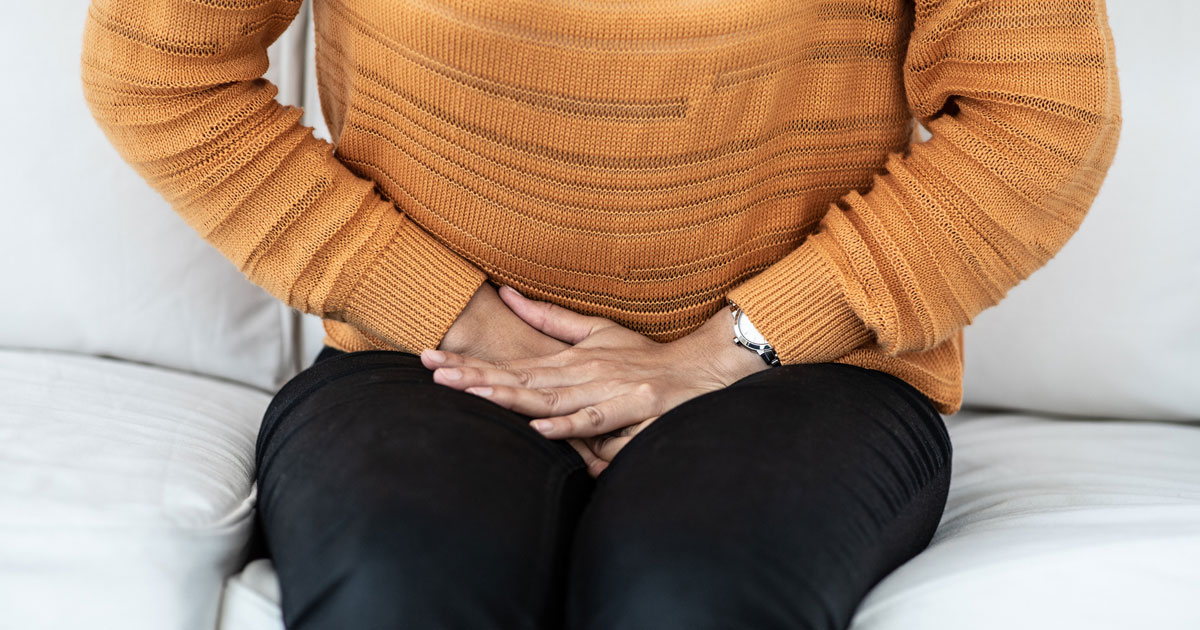
Changes in bladder health are common as we age, and they become more likely the older we get. Although this is normal, it can be disruptive. It is important for older adults to monitor their entire urinary system to help ensure that problems with bladder health do not develop into something more serious.
The Bladder and the Urinary System
The human urinary system filters waste and other fluids from the bloodstream by passing through the kidneys. The product of that filtration is called “urine,” which is stored in the bladder before leaving the body through the urethra.
This process is essential to helping our bodies maintain the appropriate chemical balance, and problems within the system can lead to serious health issues.
The bladder itself is an elastic sack made of muscle tissue that slowly changes over the decades. The tissue begins to lose its elasticity, causing it to hold less urine, and the muscles can also weaken. The pelvic floor muscles can also weaken, which undercuts the bladder’s ability to expel urine. Lastly, changes to surrounding organs can also affect the bladder — specifically, issues with prolapse or an enlarged prostate can obstruct the passage of urine out of the body.
Problems with the Bladder
Older adults can run into a few issues depending on the condition of their urinary system or bladder, the most common of which being a urinary tract infection.
Urinary Tract Infection (UTI)
A urinary tract infection occurs when urine stays in the bladder for too long, allowing bacteria to grow inside the bladder. This is one of the most common types of infection that can occur in the body, and it can occur throughout the urinary system. Bladder infections are the most common, whereas infections of the urethra and kidney are less common. Kidney infections are the most dangerous, however, because they can affect the proper filtration of the bloodstream.
UTIs are mainly caused by urine sitting inside the bladder for too long, leading to an infection.
They can happen in people who are experiencing urinary retention and when the urethra is obstructed by organs surrounding the bladder.
Symptoms include:
- Pain or burning during urination
- A frequent need to urinate in short periods of time
- Cloudy, bloody, or bad-smelling urine
If the UTI spreads to the kidneys, older adults can experience:
- Pain in the back, side, or groin
- A flushed skin complexion
- Feeling cold and shaky
- A fever above 101 degrees

When to See a Doctor
If you or a loved one is experiencing any of the above symptoms that might indicate a urinary tract infection, it is time to see a doctor. While a bladder infection or urethra infection might only be uncomfortable or inconvenient, it can become far more severe if the infection spreads up to the kidneys.
It is also worth visiting a doctor if you notice a change in how frequently you urinate, are unable to hold your urine (incontinence), or if you are having trouble urinating when you need to. All of these are additional signs that there might be a bladder problem at hand.
Common ways that doctors can test for bladder problems include:
- A physical exam. This can be a pelvic or prostate exam depending on your gender
- A urine sample. This will allow your doctor to test for different types of bacteria
- A bladder ultrasound. This can help determine whether or not you are able to empty your bladder completely
How to Prevent Bladder Problems
While there is no way to fully stop the natural aging process in the body, there are several things older adults can do to help slow down the kinds of issues that lead to bladder problems.
- Drink plenty of fluids. This helps you make sure that you are able to urinate regularly. Try to make water account for at least half of your daily intake.
- Do not wait to use the bathroom. Holding your urine can lead to a weakening of your pelvic floor, which can in turn lead to incontinence and put you at risk for developing bladder infections. Try to urinate every 3 to 4 hours.
- Urinate in a relaxed position. When you are urinating, do not force it — relaxing your muscles is the best way to empty your bladder fully. Rushing can also cause you to leave urine in your bladder, again increasing your risk of infection.
- Practice good hygiene. This advice is pretty wide-ranging. Wearing loose clothes can help keep your pelvic area dry. Wiping away from the urethra helps prevent bacteria or other blockages from accruing, and urinating after sex keeps passages clear.
- Get regular exercise. Exercise helps prevent constipation and promotes proper functioning across the entire body.
- Strengthen your pelvic floor muscles. Pelvic floor exercises — also known as Kegels — help strengthen the muscles that hold urine in your bladder. This improves urine retention and reduces the risk of infection.
- Be mindful of your weight and diet. In some people, certain foods and drinks negatively affect their bladder health — including foods that are spicy, acidic, or sweet. A diet that is high in fiber can help prevent constipation. People who are overweight are also at greater risk of leakage.
- Reconsider your use of substances. Alcohol, caffeine, and smoking can all have adverse effects on your bladder health. Examine your use of these substances and make the appropriate changes to your consumption if necessary.
- Understand your medications. Medications can have a range of impacts on your bladder health, from causing constipation to making leakage more likely. Talk with your doctor about what symptoms you should expect and seek out potential alternatives if doing so is medically appropriate.
Conclusion
Bladder problems are very common among older adults — but that does not mean they do not cause real issues. They can lead to urinary incontinence, urinary tract infections, loss of bladder control, and a range of other conditions. Understanding how the bladder works within the urinary system and how to keep it as healthy as possible is an essential part of avoiding potential problems.
At Keystone Health, our experienced team can talk you through all of the details you need to know when it comes to bladder health. We provide home health care services in the greater Boise area and are standing by to support you or your loved one. Start the New Patient Process today to get the help you need.
